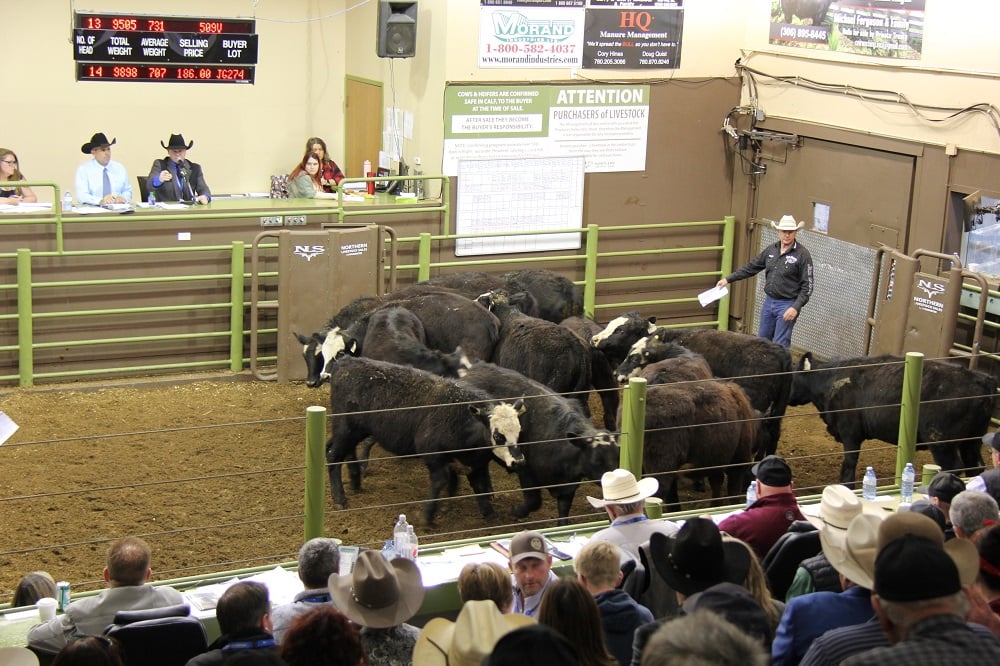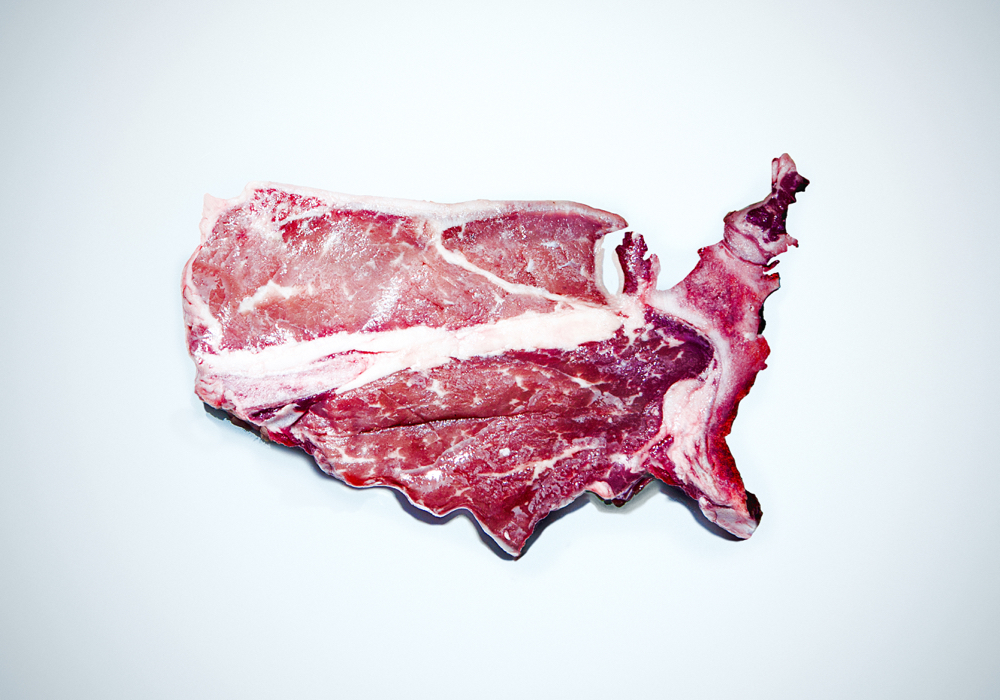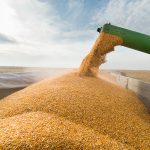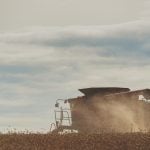Canadian beef imports to South Korea are up substantially from last year, and the possibility of temporary tariff cuts and a drop in U.S. beef imports may create even more demand for Canadian beef.
Korea’s total beef imports in September 2022 were 48,727 tonnes, up 12.7 per cent year-over-year but down 30.4 per cent from the previous month. Korea’s beef imports from Canada were 882 tonnes in September 2022, up 26 per cent year-over-year but down 82.4 per cent from the previous month, which was exceptionally high as importers cleared customs in greater quantities than in normal months, benefiting from the zero per cent tariff-rate quota. Korea’s total beef imports from Canada in 2022 from January to September were 16,726 tonnes, up 131.1 per cent year-over-year. Ribs were the leading exporting cut, representing 59 per cent of the total volume.

Importers and wholesalers on standby
There are rumours that the zero per cent tariff-rate quota might be implemented again. As the government is considering reintroducing the zero per cent tariff-rate quota for beef, many importers and wholesalers are in standby mode, waiting for the government’s decision. Importers of Canadian beef needed to pay 18.6 per cent import duty in 2022 and will pay 16 per cent in 2023.
Read Also
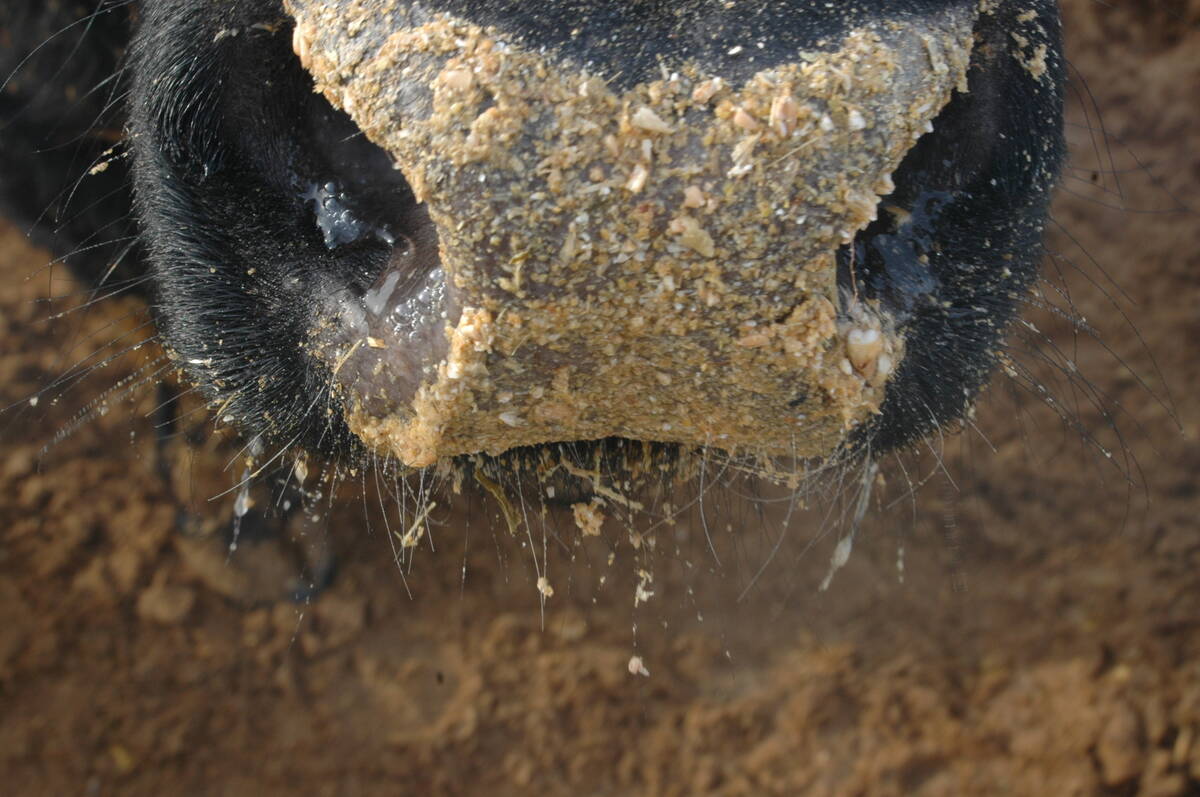
Feed grain update for Canadian beef producers
Factors affecting the feed grain market and what it means for Canadian cattle feeders
Importers are somewhat concerned as the export volume of U.S. beef is expected to decline by around 15 per cent in 2023, which may result in higher prices. U.S. beef accounts for around 50 per cent of Korea’s total beef imports. As a result, more importers might turn to Canada next year.
South Korea’s new daily COVID cases remained at around 30,000 at the end of October. Travellers to Korea are no longer required to take a PCR test within 24 hours of arrival and don’t need to show a negative test result pre-departure. Although masks are still required in indoor spaces and on public transportation, they are no longer required outdoors.

Retailers and wholesalers hedges against inflation
The inflation rate was 5.6 per cent in September, year-over-year, slightly lower than 5.7 per cent in August and 6.3 per cent in July. Prices of imported beef and pork continued to increase, 12.7 per cent and 4.1 per cent year-over-year, respectively. As retailers and wholesalers are concerned that imported beef prices may continue to rise, there currently is a tendency to purchase more quantities than necessary. Major retailers, including online players, continue to hold discount events for imported beef, including Canadian short ribs and short plate.
Inflation doesn’t dampen restaurant demand
In September, consumer prices for dining out rose nine per cent year-over-year, the highest in 30 years. Prices of hamburger and galbi-tang (rib soup) at restaurants rose 13.5 per cent and 12.9 per cent, year-over-year, respectively. Demand for both chilled and frozen imported beef, including steak cuts, short ribs, back ribs, bolar blade, and brisket, from foodservice operators and large catering companies has been stable. As the autumn camping season begins, sales of home meal replacement products such as steaks and soups have been increasing.




